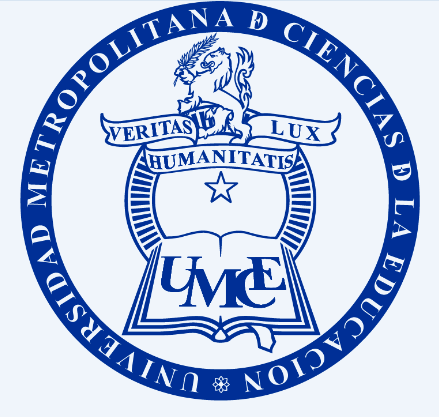Main Article Content
Apr 12, 2023
Abstract
The PID 2016/17: Design, implementation and evaluation of complementary non-presential activities in the Campus of the Facultad Regional Santa Fe, as a didactic methodology to strengthen the teaching-leaming process of chemistry; it implied a methodological change, from a teaching centered on the activity of the teacher to another oriented towards the student’s learning.
It was determined the scientific competences that the student must acquire linked to chemistry, and based on them, activities, that were presented in the Faculty Campus, were designed. The impact of the proposal was evaluated through the argumentative texts that the regular students of General Chemistry, in group form, developed to explain or solve them. For its analysis we used the Argumentative Scheme of Toulmin and the taxonomy Structured of the Observed Learning Outcomes (SOLO). The final results showed a better ability to relate the academic-scientific information and an average increase of 29% in students who achieve direct approval. In this context, the integrated use of Complementary Non-Attendance Activities (ACNP) with the use of
ICTs and cooperative work is promising, as an additional means to traditional tools, to facilitate genuine meaningful learning on the part of the student, and a better design and management of the academic activity of the teacher.


